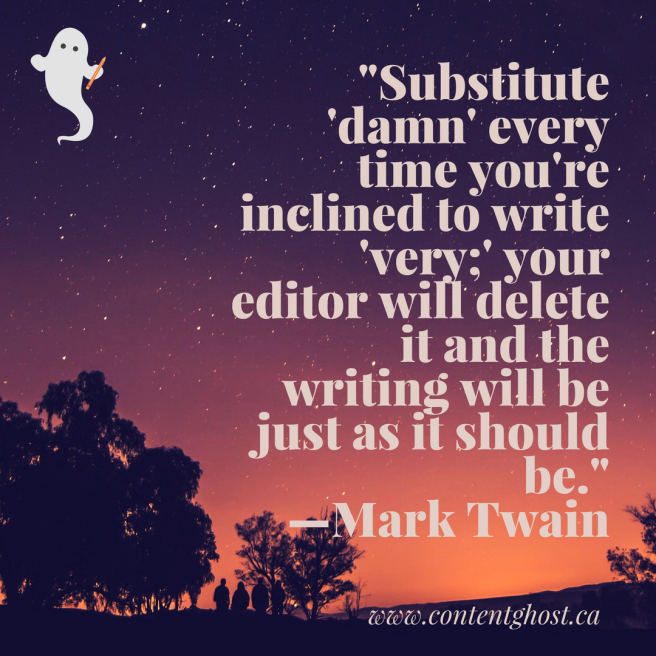In a previous post—”Proofreading Peccadilloes to Watch For”—I forgot to mention an important writing faux pas to watch for: filler words. If your writing is going to have to pass muster with an editor, they will pick out your filler words, so take note!

What’s a filler word?
While typically discussed in the context of speech making (um, ah, er, okay, like, you know), filler words in writing are just as disruptive because they are redundant. By the way, I used a filler word in the previous sentence. Do you know which word is a filler?
In a speech, someone who says um a lot is pausing, possibly to consider what they want to say next, but to the people listening, the filler word makes the speech less compelling and more difficult to listen to all the way through.
People use filler words in writing when they are producing something quickly and not spending a lot of time choosing their words. You’ll see a lot more filler words in a typical blog post than you will in a 70,000 word novel.
Many of us have a tendency to use filler words in writing that is meant to sound conversational, as we all tend to use them for emphasis when we speak. If you write the way you speak, you’re going to have filler words in your text.
Example: “She just didn’t know how to handle the situation.” The filler word ‘just’ is one you might use conversationally to put emphasis on how much she didn’t know how to handle the situation. In writing, it’s superfluous.
What are some typical filler words?
In writing, these are some of the more typical filler words / phrases:
- Just
- That
- Even
- So
- Now
- Sort of
- Kind of
- A little
- Seem
- Very
- Really
- Highly
- Only
- Slightly
- Almost
- Maybe
- Simply
- Somehow
- Perhaps
- Actually
- Basically
- Absolutely
- Certainly
- As to whether
- For all intents and purposes
- Needless to say
- For what it’s worth
- For the purpose of
- Due to the fact that
- In terms of
- It is possible that
Why should you avoid filler words?
Sentences are more powerful without them. Full stop. Filler words can be distracting, particularly if they are repeated. That said, they are not wrong per se. They’re just best avoided if you want to create a stronger, more definitive statement.
I use filler words all the time (several times in this post alone), and I won’t stop. Why? Because I often write as if I’m speaking directly to my reader and those little bits of emphasis add some colour and context to the words.
Example from a few lines back:
They’re just best avoided if you want to create a stronger, more definitive statement.
This sentence would read better as: They’re best avoided if you want to create a strong statement.
If I was writing a book, I would spend more time combing through the words to make sure I was avoiding too many fillers. But for now, I’m happy with just a few extra words, to make it sound like we’re having coffee together as we talk about this.
